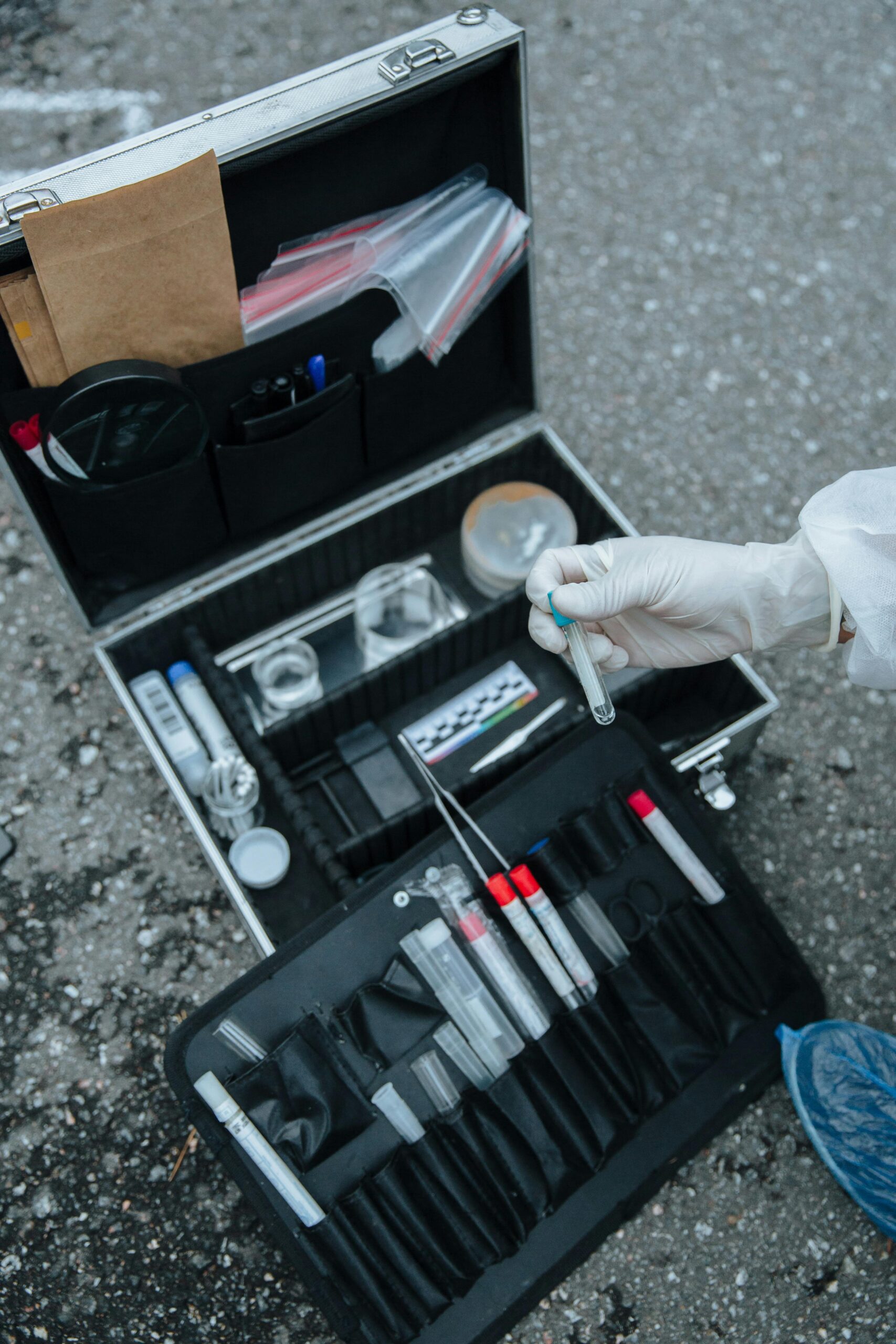
Criminal Justice
Program Length
1 - 2 years
60 credits
Degrees Offered
Associates in Arts in Criminal Justice Curriculum
Learning Experiences
Hybrid
Associates in Arts, Criminal Justice
Our Liberal Arts and Sciences curriculum* with a Criminal Justice concentration offers you foundational knowledge in English, mathematics, science, and history while providing specialized Criminal Justice bilingual courses that explore topics ranging from children, juveniles, and adults in the criminal justice system to past and present criminal law procedures with flexible Criminal Justice courses designed for recent graduates and students working full time. This associate in arts criminal justice concentration will help advance your career, even when looking for jobs where a degree is not required. This major, with classes that work for adult learners, will prepare you for employment in various areas of law enforcement, corrections, or private security, as will provide you with an excellent foundation toward a bachelor’s degree.
*The general education core for this degree complies with guidelines of the Illinois Articulation Initiative (IAI)
Associates in Criminal Justice Curriculum
During your time getting a criminal justice associate, you’ll gain a foundational education in criminal justice. Below are just a few of the topics you can be expected to find when pursuing a criminal justice degree:
Criminology
An introduction to the study of crime and justice. Creates a foundation for new students who are interested in the field. Students are introduced to a variety of historical and contemporary accounts along with historical research on the study of criminal behavior.
Forensic Science
In the practice of criminal investigation, having a strong background in forensics is essential to attaining a career in criminal justice. Students learn how to define specialized fields of forensic science, collect evidence at crime scenes, examine forensic evidence such as weapons and footprints, and examine bloodstains.
Court Systems
In this course students focusing on an AA in Criminal Justice study the court system and the legal issues, you can commonly find in the system. These Criminal Justice courses follow the entire process of a trial, including jurisdiction, policies, and court procedures.
Ethics
In this Criminal Justice class, you will study ethics as they pertain to crime, law, and justice. These course discussions will allow you to explore concepts that are essential to understanding ethics in criminology, such as morality, ethics, values, moral frameworks, and inevitable dilemmas.
Why Choose an A.A. in Criminal Justice
Pursuing an Associate of Arts in Criminal Justice at St. Augustine College offers a comprehensive education designed to prepare students for various roles within the criminal justice system. The program combines a liberal arts foundation with specialized courses, providing students with a broad understanding of the field and practical skills applicable to real-world scenarios.
The Criminal Justice curriculum includes courses in criminology, forensic science, court systems, and ethics, among others. These courses are designed to equip students with the knowledge and skills necessary to navigate the complexities of the criminal justice system, from understanding criminal behavior to the intricacies of legal procedures. The program’s bilingual approach allows students to begin their studies in Spanish and transition to English, accommodating a diverse student body and enhancing communication skills in a multicultural environment.
Graduates of the A.A. in Criminal Justice program are well-prepared for entry-level positions in law enforcement, corrections, private security, and other related fields. The foundational knowledge gained also serves as a stepping stone for those wishing to pursue further education in criminal justice or related disciplines.
St. Augustine College’s commitment to flexible scheduling, small class sizes, and personalized support ensures that students receive a quality education tailored to their individual needs. The college’s emphasis on inclusivity and diversity creates a supportive learning environment where students from all backgrounds can thrive.









